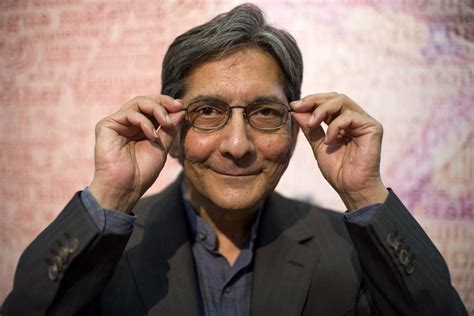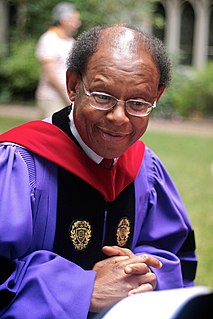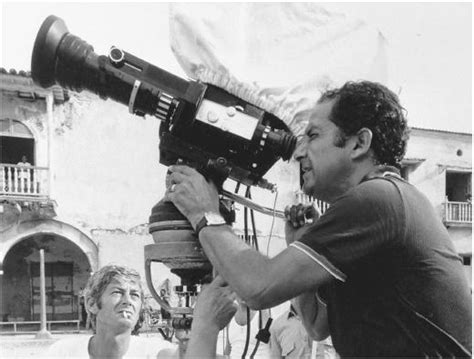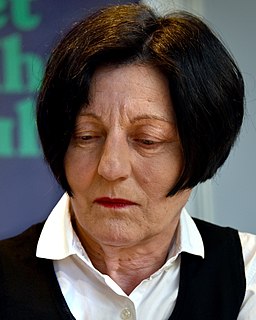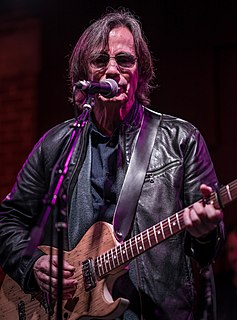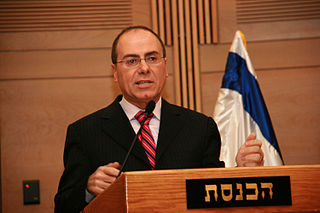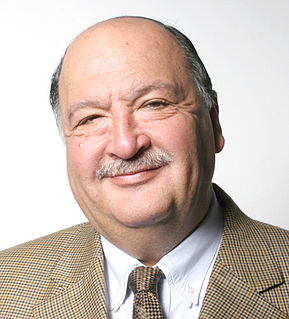A Quote by Nelson Mandela
I told my cellmates about the oppression of the whites and apartheid. I helped organize hunger strikes and the like in my prison.
Related Quotes
I remember my emotions the day we watched Nelson Mandela walk out of prison Writing & literature in South Africa during the anti-apartheid years, became a 'cultural weapon.' You had to use it to fight apartheid & some of us resisted that in the end, you recognize that you are facing a government that has no scruples about using culture & art to oppress you.
What can be said about chronic hunger. Perhaps that there's a hunger that can make you sick with hunger. That it comes in addition to the hunger you already feel. That there is a hunger which is always new, which grows insatiably, which pounces on the never-ending old hunger that already took such effort to tame. How can you face the world if all you can say about yourself is that you're hungry.
There are five things that societies do: They reproduce; they produce food; they organize themselves in terms of law; they organize themselves in terms of belief; and they make art. Four of them are about conformity, and in these, everything would go more smoothly if people just would shut up and do what they're told. But in art it doesn't work that way.

